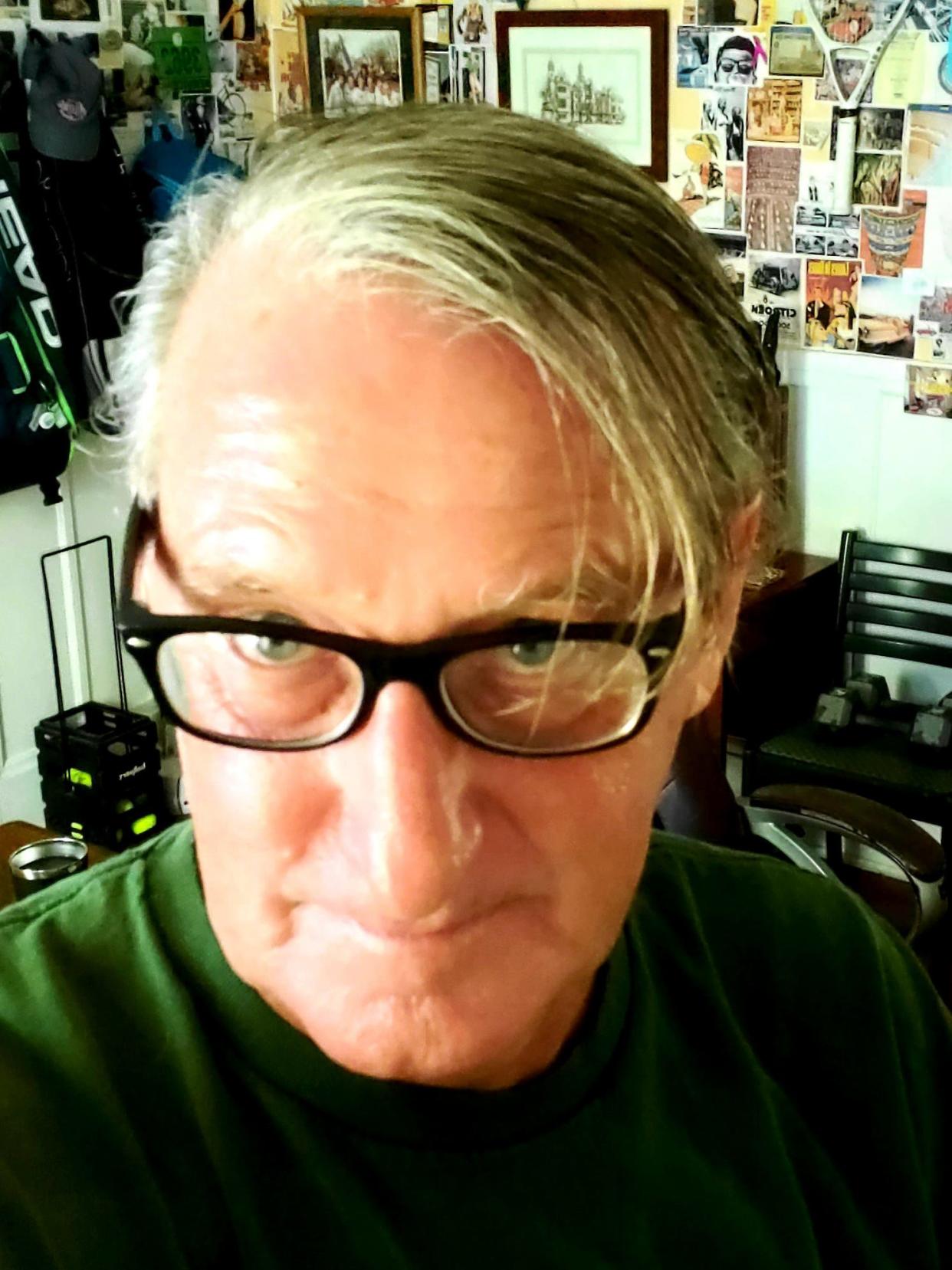New generation of messengers will pass on lessons from the Holocaust

I recently received a note that we would be memorializing Kristallnacht, a nationwide pogrom set in motion by the Nazis in 1938, signaling, for many historians, the start of the Holocaust in Europe.
I see this in my email, while in Berlin, where I’m writing at the end of a very long but wonderful day.
Every year (and this year, four times) we take our students to Germany for either a break trip, a summer trip, or what’s called a “May Option” – a longer trip of almost a month. The itinerary changes every time we go. But the one thing that never changes is time spent, doing research, doing photo-essays, and learning the history of that terrible time, at the Ravensbrück Concentration Camp Memorial in Fürstenberg on the Havel.
Today, we’d started out at the Brandenburg Gate and the Tiergarten – the first places the students really see after arrival - and then move on to the Reichstag building, where I subjected them to a harangue about why this building is so critically important to Germans. The motto on the freeze is “Dem Deutschen Volk” (roughly, “To the German People”).
In 1933, shortly after Adolf Hitler became Chancellor, the Nazis set fire to the place, and it fell abandoned, more or less, until German unification in 1991. Since unification, the Reichstag again houses the German parliament, that gift of democracy “to the German people.” It has been transformed. It is difficult, now, to conjure up the evil of 1938.
I write from a room overlooking the administration building designed for the use of the SS here at Ravensbrück, in what was once the NSDAP’s notorious women’s concentration camp near the border of Brandenburg and Mecklenburg. My students have just met with Dr. Matthias Heyl, a Holocaust scholar and partner of our journey for more than a decade. We’d walked out of the museum a few minutes ago, waiting for the last few students to finish their research and tumble out towards their beds.
Standing in the wide space, looking up at the Milky Way, I thought how peaceful the place was; how calm the night seemed. And how quiet – both in sound and in soul. Ravensbrück was created in the midst of an evergreen forest, on the shore of a lake fed by the clear-running Havel River. My trip partner had said earlier, as we approached the gates that day, that she “felt almost guilty that it was so beautiful.” But no guilt attaches. It’s an altered space, now, transformed.
The buildings that had once housed the brutal camp guards now give a home to students from around Germany and around the world. Tonight, and for the next few nights, to college kids from Lakeland, Florida will be there - three generations and a world away from the horror that had once enveloped it.
Survivors used to visit often. But the survivors of the Holocaust are rapidly disappearing. Their testimony has been crucial in raising consciousness and reminding and averting - filling out the message by speaking out about their own experiences, as witnesses. But time has caught up with so many of them. Who will replace these voices?
As we enter another decade with hate on the rise, never has the message been more important. History is funny. Learning from it somehow requires the spoken word. History articles and formal lectures are important, but so is experience.
The students speak from another arc of the same prism, having been here. It is the conversations they will have with others of their own generation, and their children when they come, that will keep alive the lessons of that awful period in the human chronology.
Now, they will be able to say: “I stood at that spot, I learned this there, and this is how I felt.” New carriers of the message are born.
We’ll be at the memorial.
They, too, are now witnesses.
R. Bruce Anderson is the Dr. Sarah D. and L. Kirk McKay Jr. Endowed Chair in American History, Government, and Civics at Florida Southern College and Miller Distinguished Professor of Political Science. He is also a columnist for The Ledger and political consultant and on-air commentator for WLKF Radio in Lakeland.
This article originally appeared on The Ledger: New generation of messengers will pass on lessons from the Holocaust

